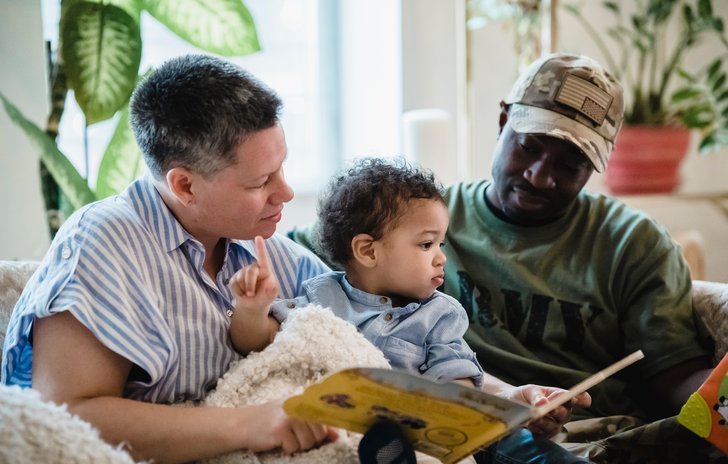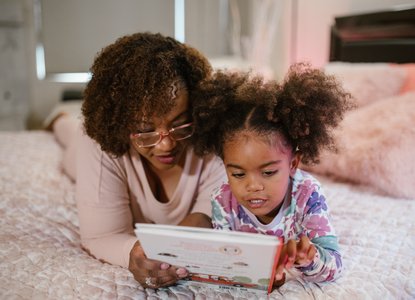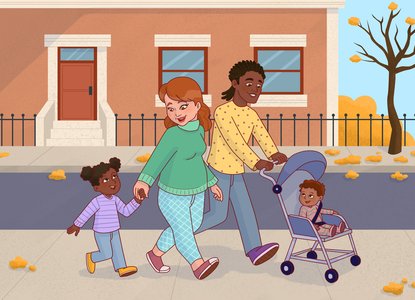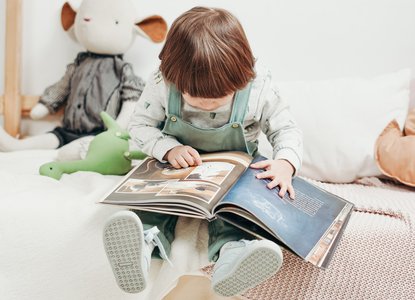Looking at books together helps to get your child chatting.
When you look at books together you're supporting your child to enjoy books and reading, at the same time as building on their language skills.
For babies and younger children
If you have children who are not yet talking or are using single words, try asking: What’s this? Can you moo like the cow? or ask them to point to something in the picture, such as Where’s the ball?
It's important to balance your questions with comments too, use more comments than questions. In this way you'll be teaching your child new words and about how language works. Make comments about what you see or notice in the book and make comments in response to your child's interests; they'll show you by pointing and with the gaze of their eyes. Babies will soon learn that you notice what they're interested in.
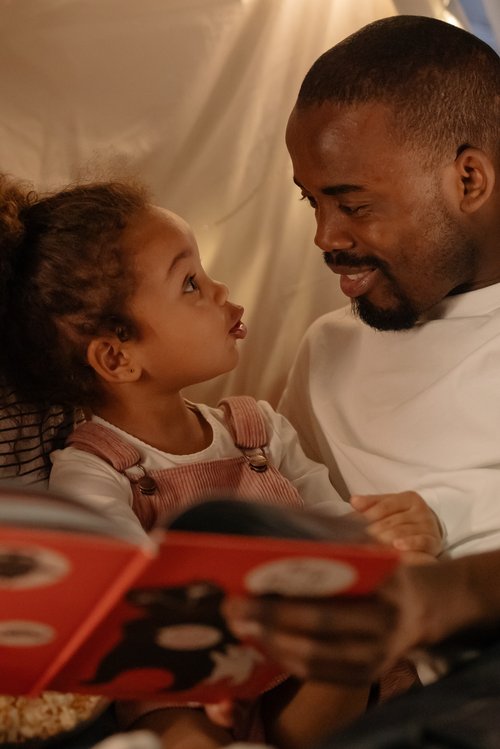
As your child's language develops
As your child's language develops, develop your questioning too. Try to make your questions more open-ended. Ask questions that will encourage more than a one word or yes/no answer. You could ask questions like What do you think the dog is doing? or I wonder why he has a wand?
Continue to make more comments than questions. Your comments will be teaching your child new words and how to form sentences. Remember, your child can respond to a comment you make just like they would if you ask them a question, but they may feel less pressured, so actually give you a better response.
For older children
As your children get older and their vocabulary and language grows you'll be able to ask them even more complex questions.
You could try to ask questions like: What do you think might happen next? How do you think that made her feel? or How would you solve that problem? But remember to continue using more comments than questions, your child will continue to learn new words from the language you use and the ideas and thoughts you share. Books can become a great opportunity to develop imagination, and to talk about important behaviours and ideas such as feelings and problem solving.
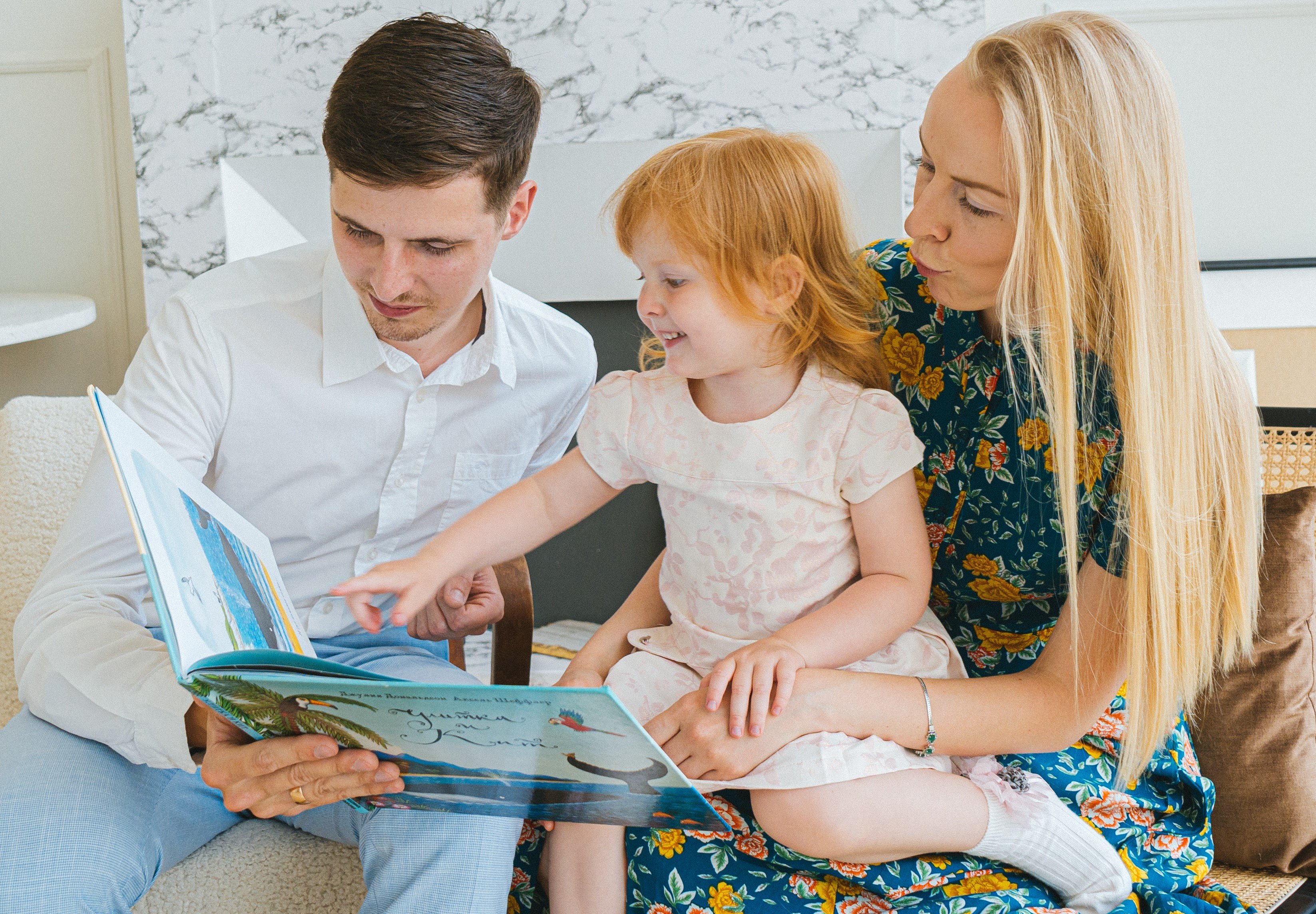
Top tips:
When you ask a question or make a comment, make sure you give your child time to think and respond, wait at least ten seconds before you speak again!
Use the more comments than questions tip whenever you're having a chat or playing together, when you're out and about talking about the things you see, at bath time or at mealtimes too!
Good to know
The more conversations you have with your child the better, you are supporting development of their early language skills and helping them to grow in confidence.
